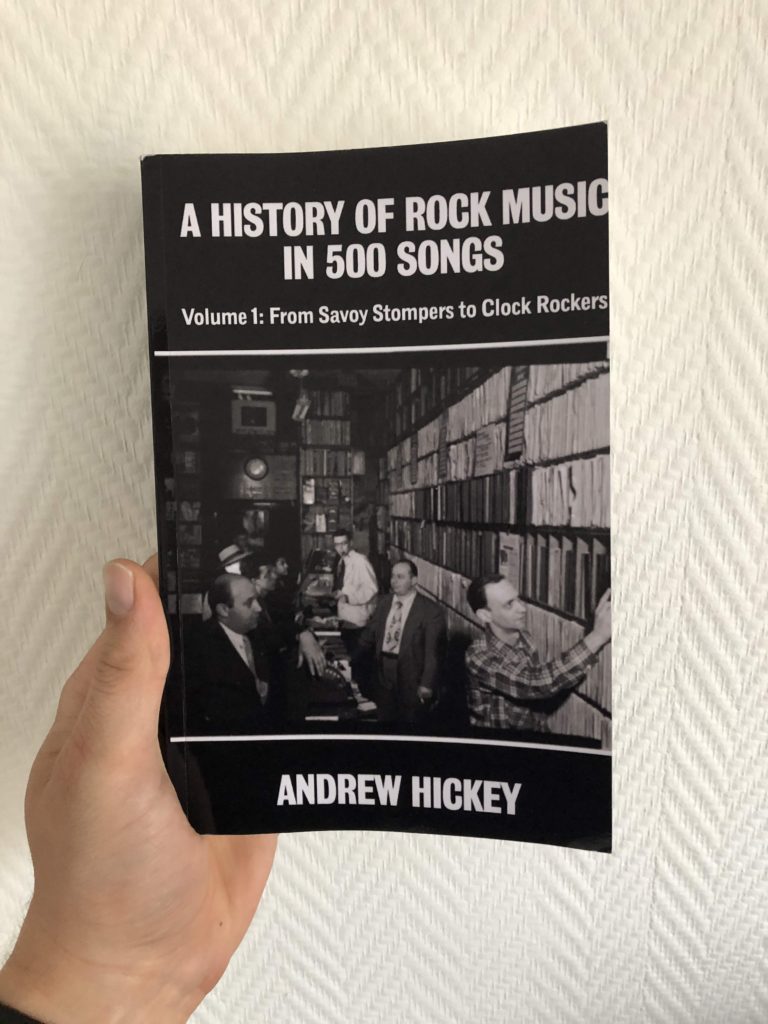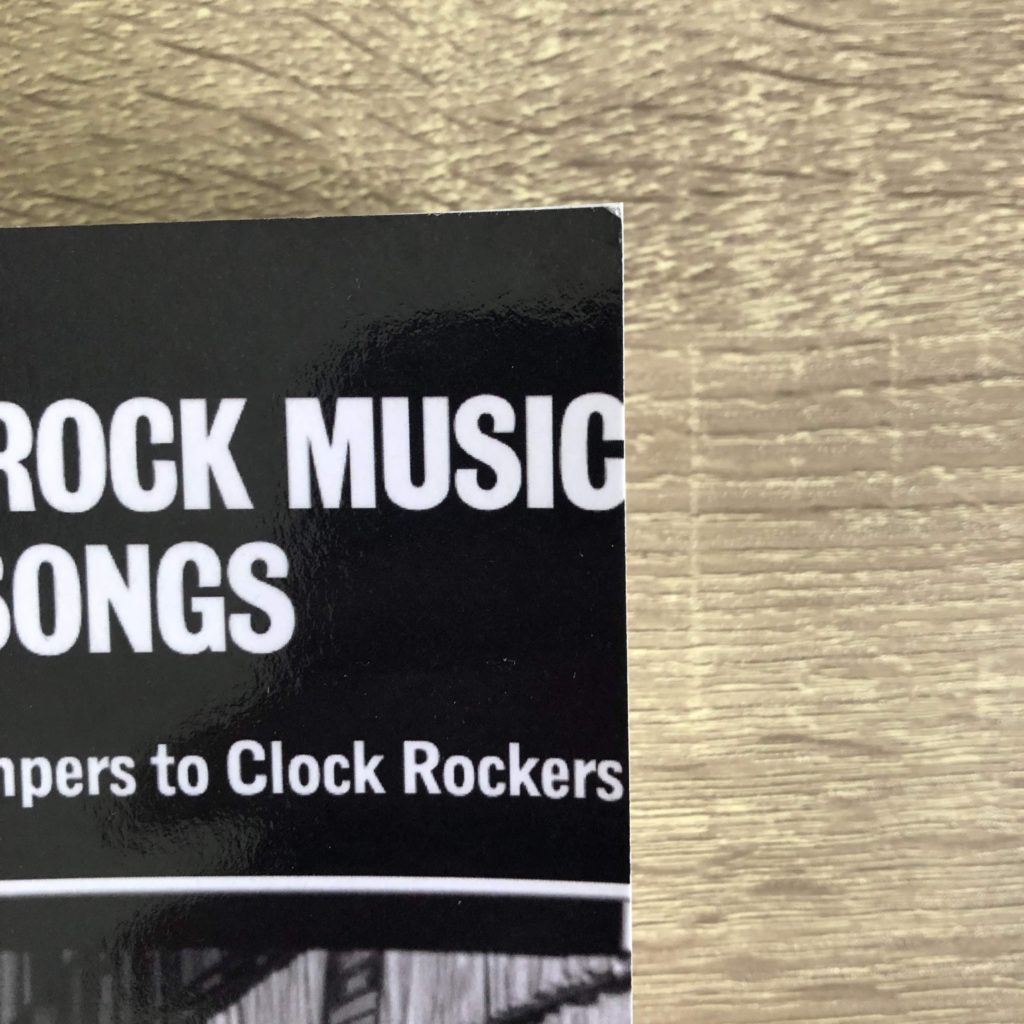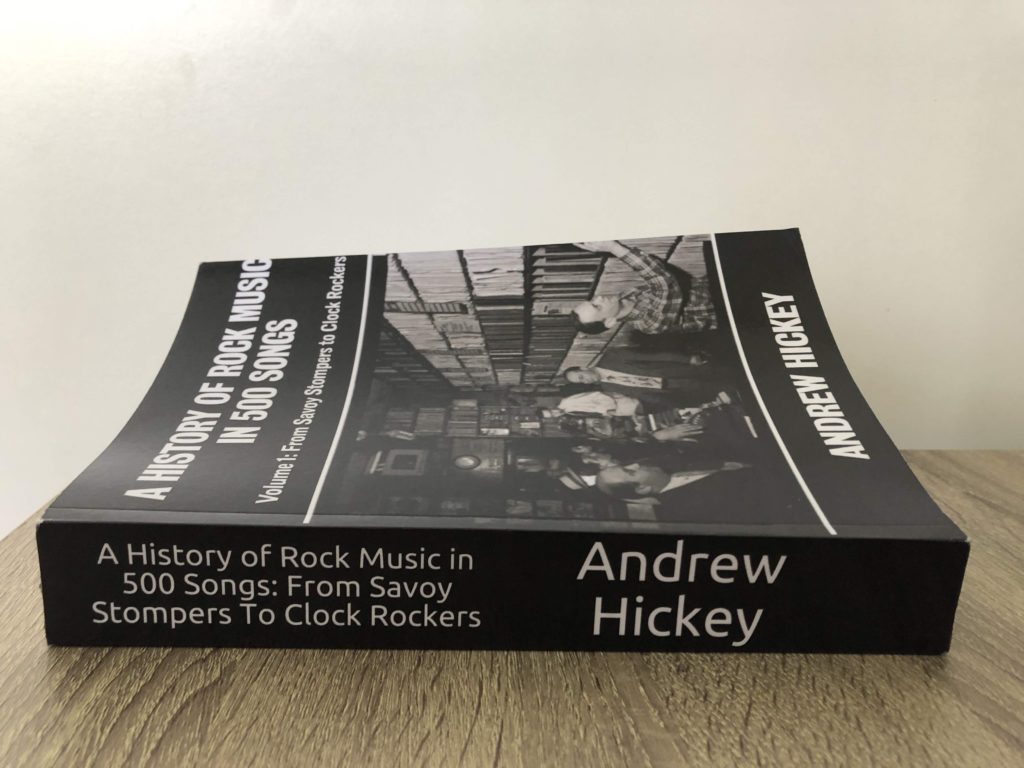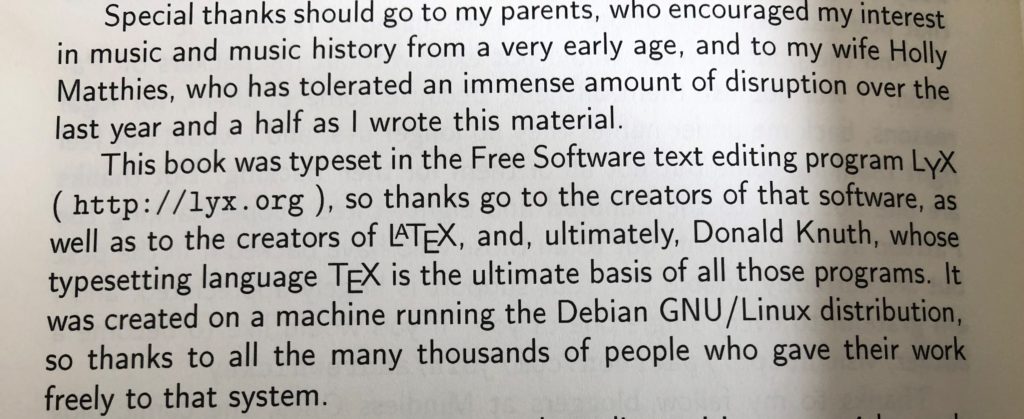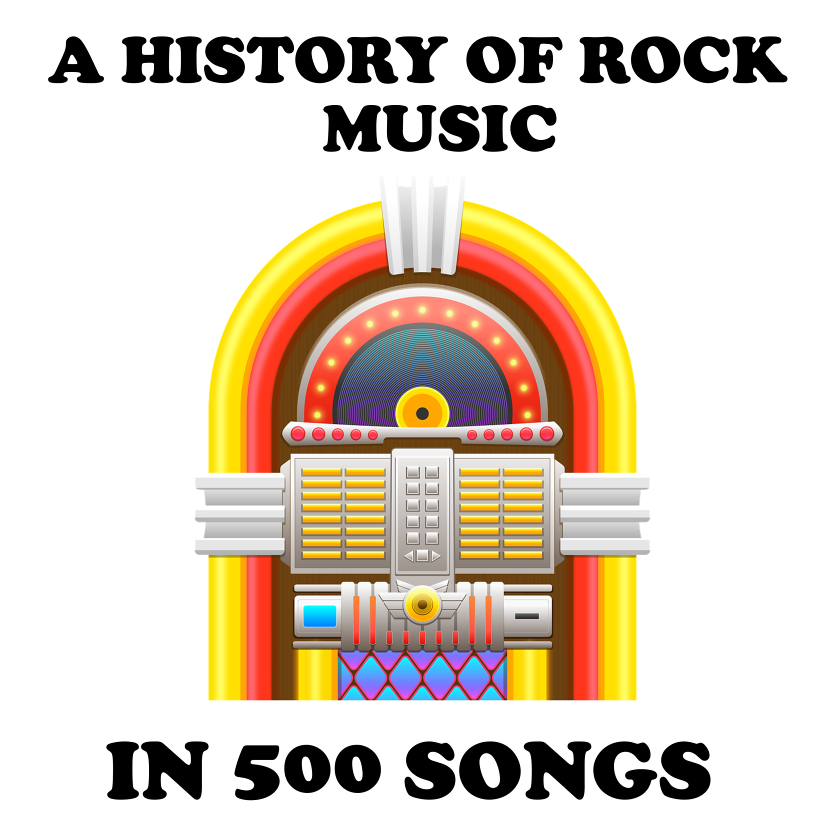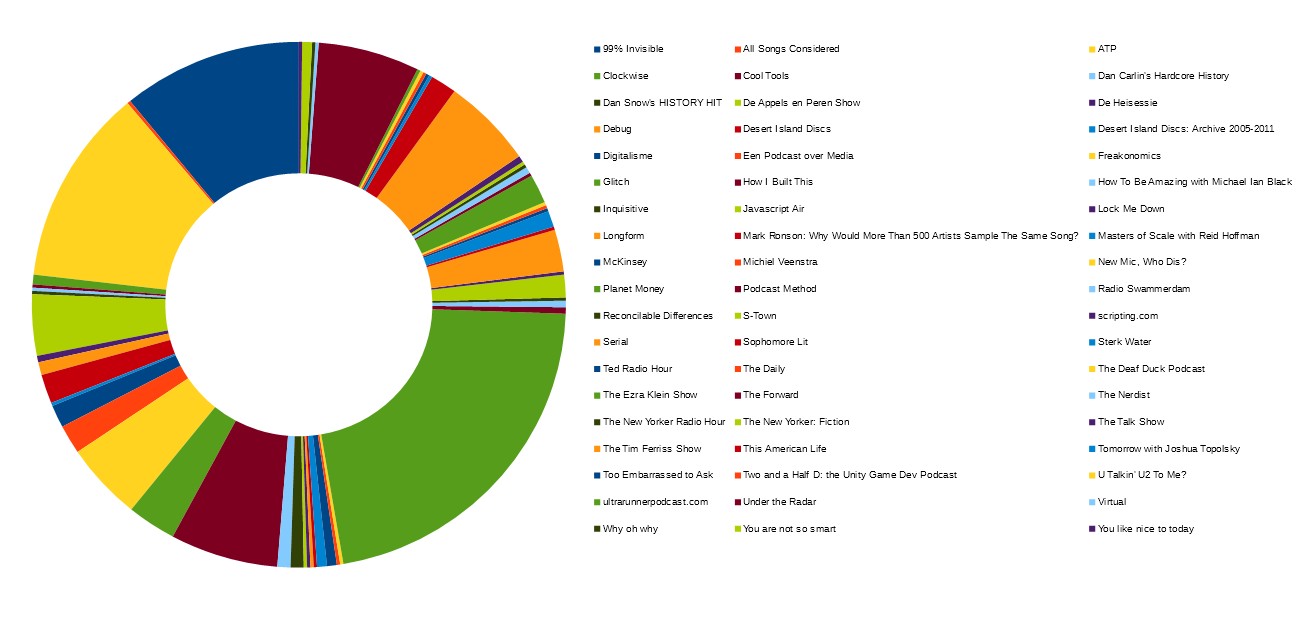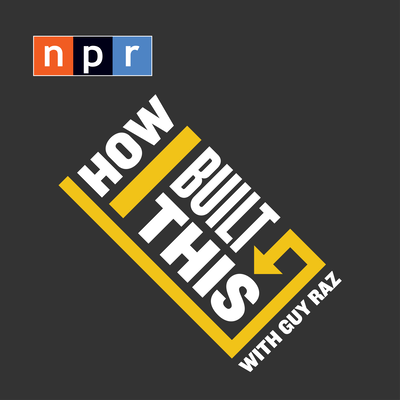I recently read ‘Things a Computer Scientist Rarely Talks About’ by Donald Knuth from 2001. Recommended reading if you like reading about how a world-renowned computer scientist wrote a book about how he wrote a book that deals with another book! Sounds recursive 😏
That last book is of course the bible and the book Knuth wrote about it is ‘3:16 Bible Texts Illuminated ‘ — published in 1991. And in 1999 Knuth gave a series of lectures at MIT ‘on the general subject of relations between faith and science’. In these lectures he explains how he went about writing this book and the thought process involved. So the lectures make for an enjoyable deep dive on creating such a book and how Knuth’s brain works, paired with discussions and insights on religion and things like eternity and finiteness.
And it is this series of lectures that are bundled together in ‘Things a Computer Scientist Rarely Talks About’ — almost verbatim. But, the lectures have also always been available as audio files (sadly no visuals) on Knuth’s homepage. And I listened to those a few years back, and as I read this book I was reminded that I had created a RSS feed for these files, effectively creating a Knuth podcast!

(I have no copyright on this picture and couldn’t find out who did actually. Feel free to drop me a line if I can accredit you, or if you want it changed.)
I mostly created the file for myself to have the convenience of listening to the lectures in a podcast player. But I have also dropped the link to the XML file here and there over the years, and I noticed 607 unique IP addresses hit this link this month alone! There are only six lectures and one panel discussion and never any new content, so I am not sure what these numbers mean, if they mean anything at all.
But I also remembered I had never blogged about this, until now. So without further ado here is the link:
You can add this to your favorite podcast player. I have added the feed to Overcast myself so it looks like this which is nice.
Having the audiofiles available in a podcast player enables you to track progress, speed up/down parts and have an enhanced audio experience.
I do remember writing an email (no hyphen) to Knuth’s office and I received a nice reply that they thought it was ‘a great idea’, and they were actually also thinking of starting their own podcast ‘based on these materials’. However I haven’t found any link to this yet, so for now it is just this.
If you are more into video, here is a great conversation Donald Knuth had with Lex Fridman last year. Published exactly a year ago to this day. The video is not embeddable but you can click the image to go there. Recommended.

